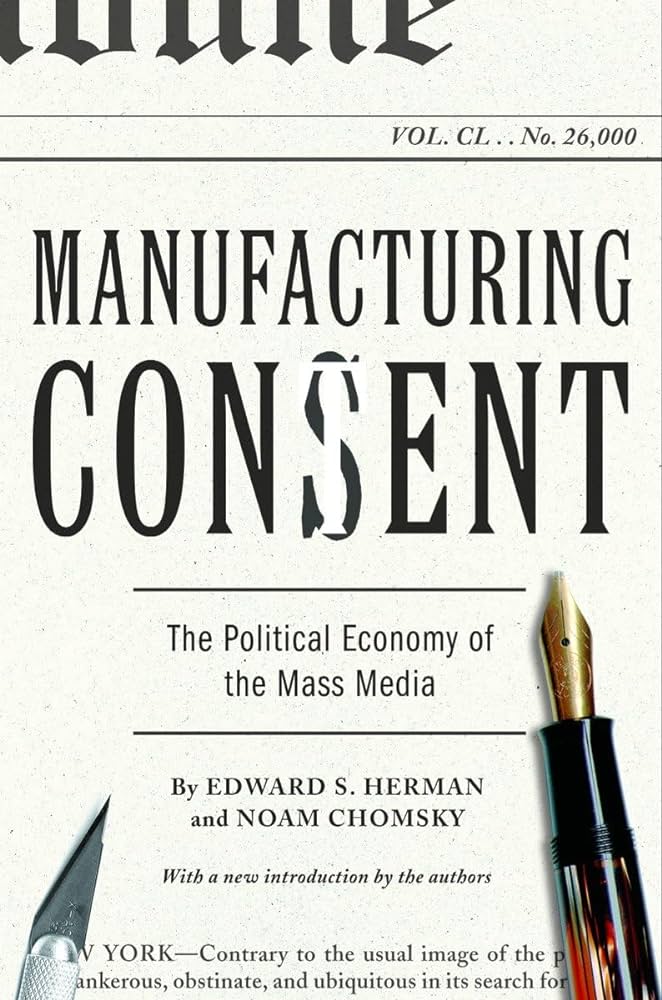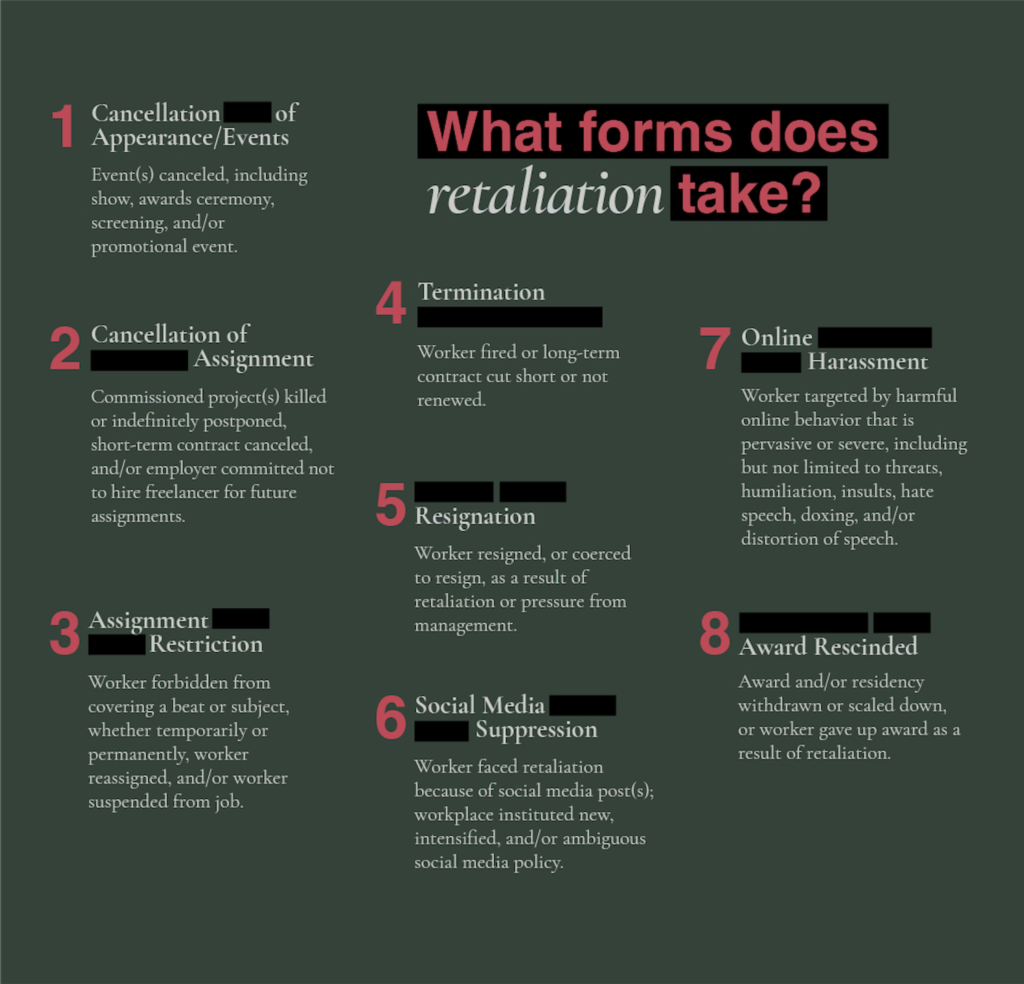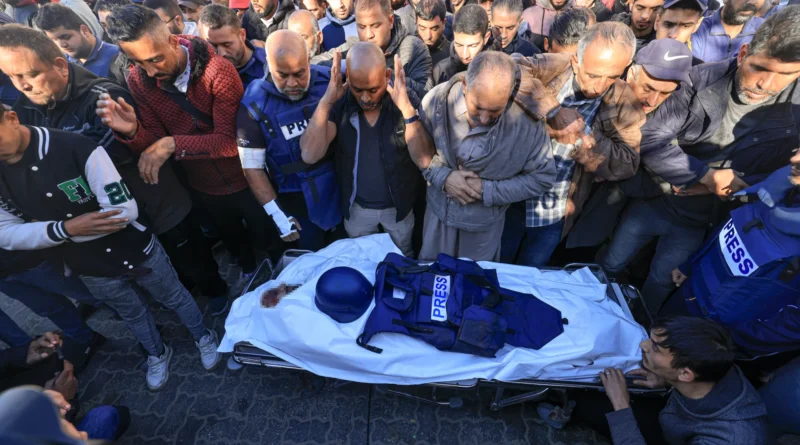World Press Freedom Day & Retaliation in western media industry during the war on Gaza
By Jehron Muhammad — @JehronMuhammad
May 3rd was World Press Freedom Day. That date represents the anniversary of the Windhoek Declaration, a 1991 statement, named for the capital of Namibia, that asserted the need for “an independent and pluralistic African press.”
This effort was held in partnership with other United Nation agencies such as the United Nations Development Program (UNDP). The event was supported by 12 international agencies, ranging from Nordic funders, the international Federation of Journalists, Friedreich Ebert Stiftung, and the World Association of Newspapers. A total of 63 participants from 38 countries attended. Hage Geingob, the then-prime minister of newly independent south-western African country, set the tone by highlighting the importance of independence and a watchdog role for the press, explained Alain Modoux, former UNESCO Assistant-Director General for Communication and Information.
As the United Nations explained, the annual event is “a reminder to governments of the need to respect their commitment to press freedom,” but also “a day of reflection among media professionals about issues of press freedom and professional ethics,” as well as a chance to “pay tribute to journalists who have lost their lives in the line of duty.”
Another World Press Freedom Day is behind us, and as Jan-Werner Müller, a professor of politics at Princeton University, wrote in the latest Foreign Policy, “news media organizations will dutifully display lists of journalists imprisoned or killed around the world, from Belarus to Myanmar. It is important to acknowledge these victims. But it’s also time to recognize that analysts and policymakers need a new framework to understand how a new generation of authoritarian leaders disables critical coverage without putting journalists in jail or physically harming them.”
The problem with most Western narratives is they don’t echo the people they say they represent. As Ramzy Baroud, journalist and editor of the Palestine Chronicle, as well as author of five books including “These Chains Will Be Broken” explained on commondreams.org, “Africa, like all other political spaces, is a complicated and conflicted region, deserving of deep understanding and appreciation, beyond the self-serving agendas of a few Western countries.”
So when the Zionist state of Israel shuts down Al Jazeera’s operations in the country, in an already hostile environment for journalists covering the war in Gaza, there is only milquetoast response from those Western press outlets and heads of state that claim a free and independent press is sacrosanct.

In Edward S. Herman and Noam Chomsky’s update in the already compelling indictment of the news media’s role in covering up errors and deceptions, in their 2002 book “Manufacturing Consent: The Political Economy of the Mass Media,” what emerges from the original work is a powerful assessment of how propagandistic the U.S. mass media is. It includes how the corporate-owned press systematically fails to live up to their self-image as providers of the kind of information that people need to make sense of the world, and how we can understand their function in a radically new way.
Then there is the gaining in weight of the 800-pound ubiquitous Gorilla in the room, designed to redefine journalist criticism of the genocide happening in Gaza and the West Bank. Last week, the U.S. House of Representatives voted, according to Middle East Eye, to approve the Antisemitism Awareness Act, which can be characterized “as the Israel lobby’s legislative agenda of codifying the criminalisation of anti-Israel sentiments by redefining antisemitism.”
It calls for the “consideration of a definition of antisemitism set forth by the International Holocaust Remembrance Alliance (IHRA) for the enforcement of Federal anti-discrimination laws concerning education programs or activities.” So in words, the global response, including campus protest, to the genocide in Gaza, can, with the approval of this Act, be defined somehow as antisemitism.
[Read more about the IHRA Definition of “antisemitism” here]
So as Baroud wrote in a piece titled “Is Western Media’s Perception of Africa Racist,” which can be applied to more than just the continent, “Africans are good ‘allies’ when they toe the Western line and hungry, easily manipulated, and illegitimate regimes when they reject the West’s conditions.”
In the face of the ongoing retaliation for their Gaza war coverage, the National Writers Union (NWU) in its recently released report titled “Red Lines: Retaliation in the media industry during the war on Gaza,” on the International Federation of Journalists website, ifj.org, recorded 44 cases of retaliation affecting over a hundred media professionals between October 7, 2023, and February 1, 2024, in North America and Europe. They particularly went after media workers of Middle Eastern or North African descent and those who identify as Muslim. The IFJ welcomed the exhaustive report conducted by its affiliate the NWU and strongly condemns targeted reprisals against journalists and media workers for their coverage of the war in Gaza.
[See also The Committee to Protect Journalists here]
As IFJ General Secretary Anthony Bellanger explained: “Journalists must be allowed to do their work without fear of reprisal or censorship, especially when their reporting serves as a vital information source for the global community. We call on media employers to uphold newsroom independence and protect their journalists.”
National Writers Union (NWU) in its recently released report titled “Red Lines: Retaliation in the media industry during the war on Gaza,”


